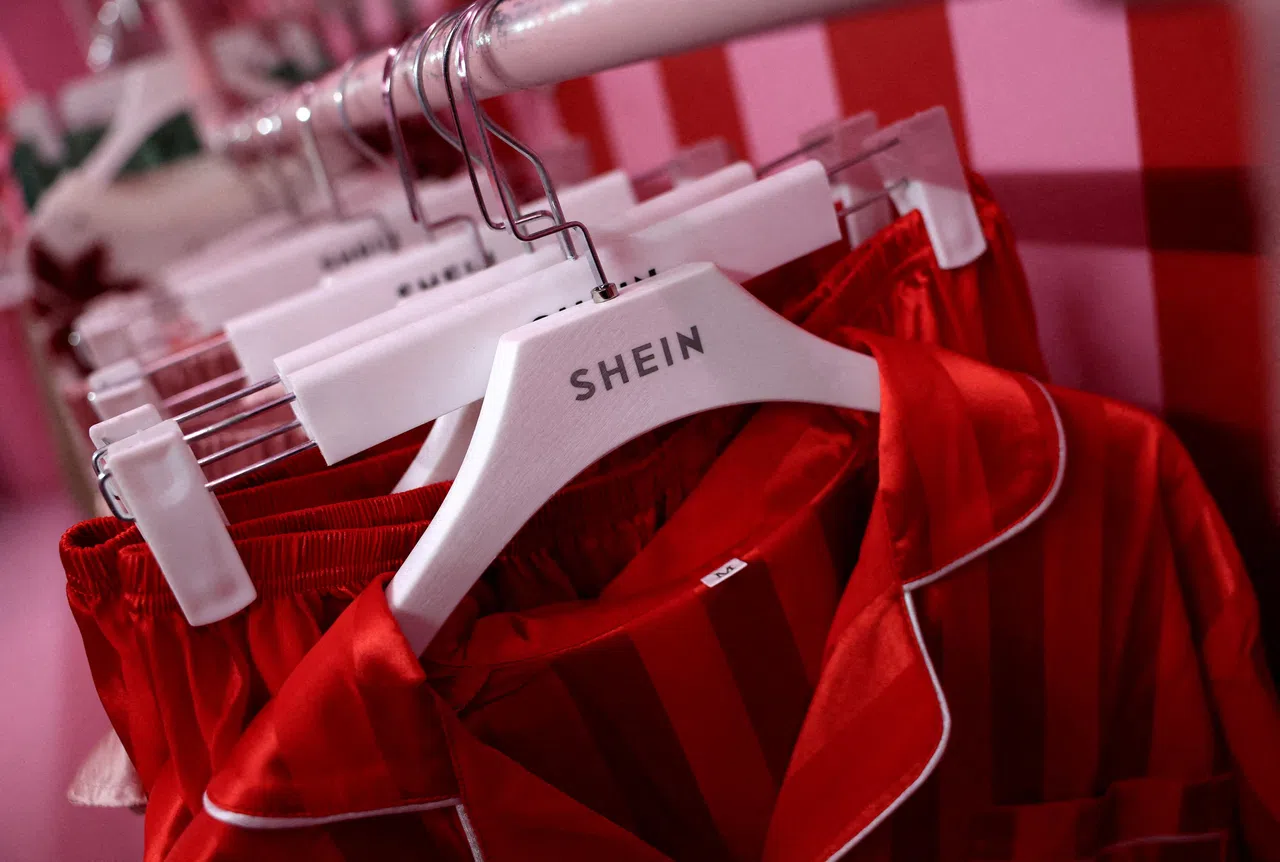FAST-FASHION retailer Shein’s executive chairman Donald Tang told investors in a letter on Monday (Feb 17) that “growth remains strong” despite the United States ending the duty-free treatment of low-value e-commerce packages from China and hiking tariffs.
Shein is working towards an initial public offering (IPO) in London, but US President Donald Trump’s decision to end the “de minimis” duty-free provision for imports from China worth less than US$800 triggered concerns about its business model, with some analysts saying Shein and rival PDD Holdings-owned Temu would have to raise prices.
The letter, seen by Reuters, seemed aimed at reassuring investors that Shein, known for US$10 dresses and US$15 sneakers, will maintain its edge in a fiercely competitive environment for discount apparel in the US, its biggest market.
“As I am writing this note to you, despite the recent challenges, our growth remains strong, driven by our ability to offer a diverse selection of fashion and lifestyle products at consistently affordable prices,” Tang wrote.
Shein is investing in “supply chain advancements to boost efficiency and responsiveness”, as well as better logistics “to ensure faster, more reliable deliveries”, he said.
Shein did not immediately reply to a request for comment. The letter gave no growth figures or financial information.
BT in your inbox
Start and end each day with the latest news stories and analyses delivered straight to your inbox.
Shein investors include Sequoia Capital, General Atlantic, Declaration Partners, Brookfield, and Claure Group, according to PitchBook. The investors could not be immediately reached for comment.
Reuters reported earlier this month, citing three sources with knowledge of the matter, that Shein is set to cut its valuation in its London IPO to around US$50 billion.
The end of de minimis, a rule that had allowed American shoppers to avoid paying customs on most Shein purchases, was widely expected. But Trump’s executive order gave barely three days’ notice for the complex international supply chains to adapt, causing delays to customers’ orders as packages piled up at airports.
Trump ended up reinstating the duty-free provision temporarily, and put the Commerce Department in charge of figuring out how to make the shift workable. It is not clear how long that will take.
In his letter, Tang said he supports de minimis reform, a stance he first made public in July 2023.
“I have long advocated for de minimis reform that prioritises American consumers because at Shein, our focus is on customers, not customs policy,” he wrote. REUTERS




